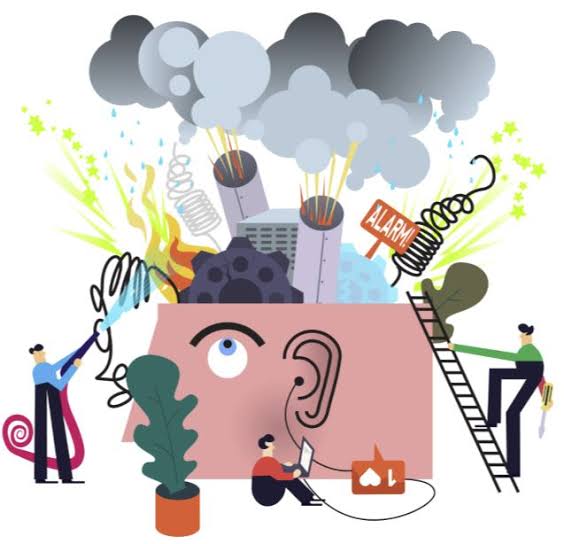#mentalhealth
#MentalHealthAwarenessMonth
#Plutomania 🧵🧵🧵
Plutomania refers to an excessive fascination or obsession with wealth and material possessions.
#MentalHealthAwarenessMonth
#Plutomania 🧵🧵🧵
Plutomania refers to an excessive fascination or obsession with wealth and material possessions.

💰 It is derived from the term "plutocracy," which signifies a society governed by the wealthy.
💰 Plutomania involves a strong desire for money, luxury goods, and financial success.
💰 Individuals with plutomania may prioritize the accumulation of wealth above other aspects of life.
💰 Plutomania can lead to a constant drive for material acquisition and a preoccupation with financial status.
💰 The pursuit of wealth in plutomania can be motivated by a desire for power, status, or validation.
💰 Plutomania can be influenced by societal norms and messages that equate wealth with success and happiness.
💰 It can result in a relentless pursuit of wealth at the expense of personal relationships, health, and overall well-being.
💰 Plutomania may contribute to a never-ending cycle of consumption and dissatisfaction, as material possessions fail to bring lasting happiness.
💰 The excessive focus on wealth in plutomania can lead to a distorted sense of self-worth tied solely to financial status.
💰 Plutomania can contribute to income inequality and perpetuate the divide between the rich and the poor.
💰 It may lead to a neglect of philanthropy or social responsibility as individuals prioritize personal gain.
💰 Plutomania can create a competitive and materialistic mindset that can negatively impact mental health and relationships.
💰 Treatment for plutomania may involve therapy to explore underlying motivations, redefine values, and establish healthier perspectives on wealth.
💰 Developing a balanced approach to wealth, focusing on purpose, well-being, and making a positive impact, can help counteract the negative effects of plutomania.
@threadreaderapp unroll
• • •
Missing some Tweet in this thread? You can try to
force a refresh

 Read on Twitter
Read on Twitter









